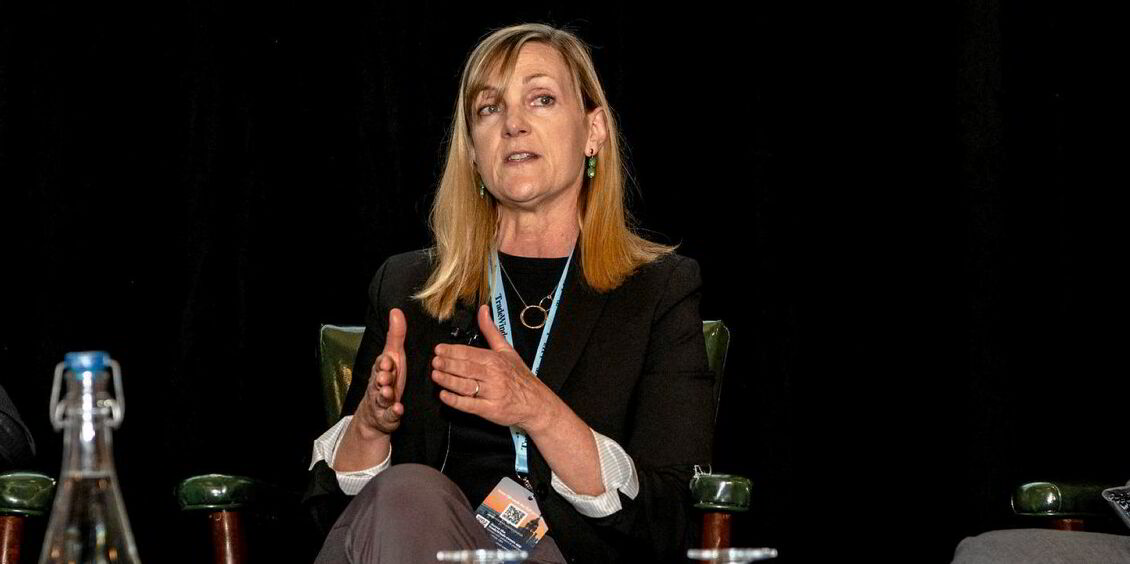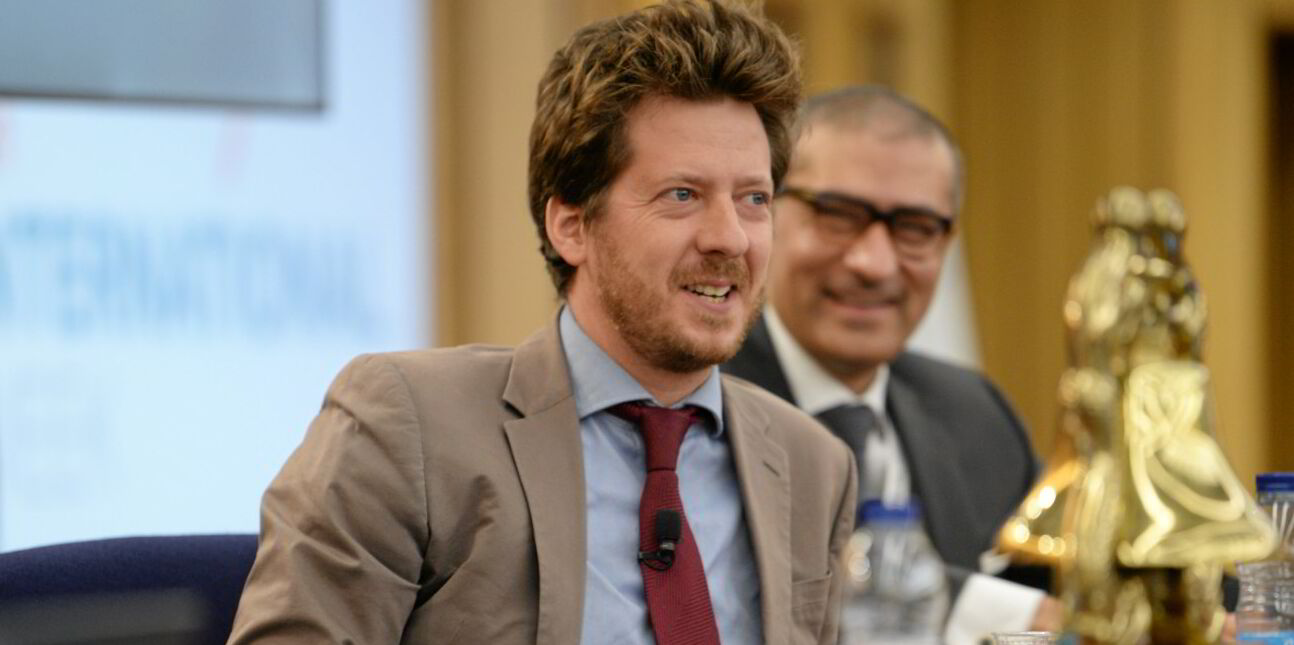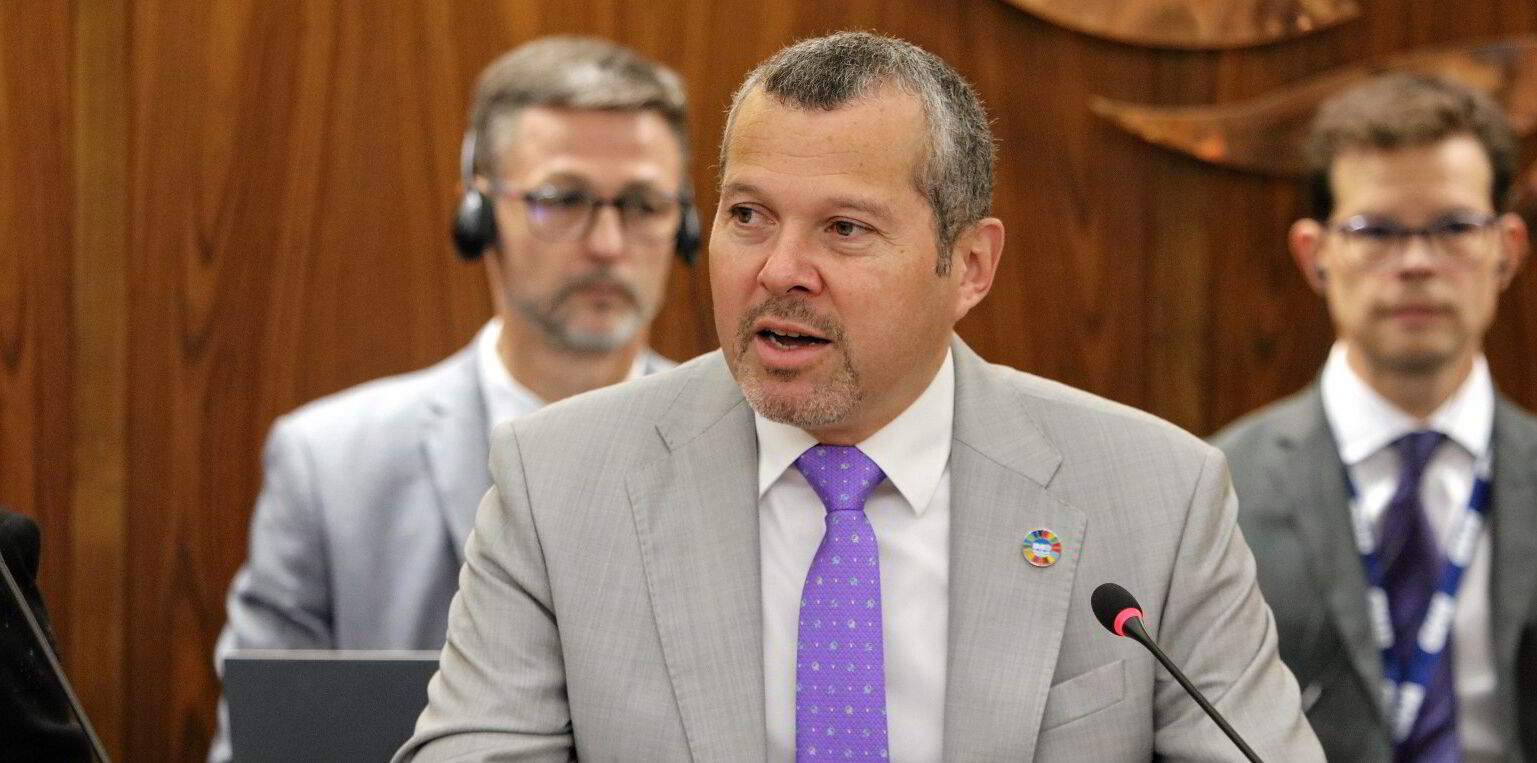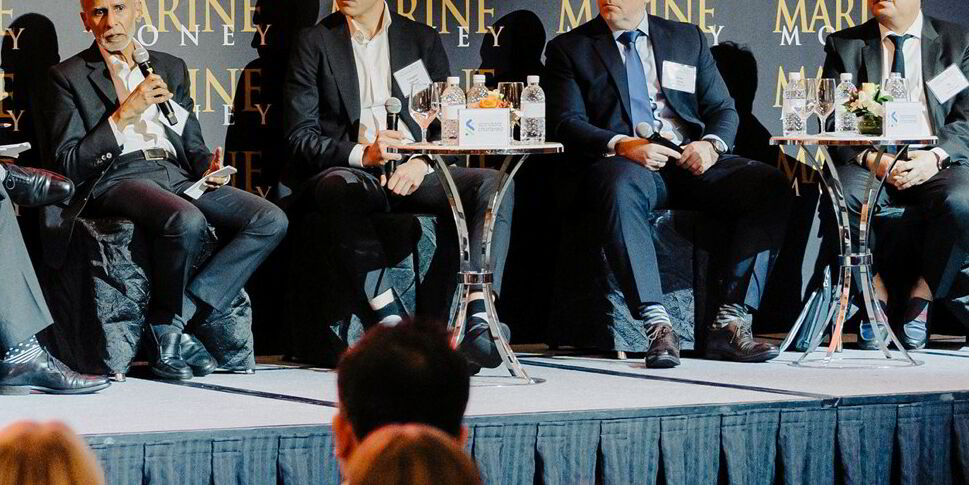Talks to hammer out global rules for financial measures to drive shipping towards net zero made progress this week, although participants warned complex negotiations lie ahead before next April’s final crunch talks.
Member nations of the International Maritime Organization, meeting in London, agreed on a framework to introduce a fuel tax or levy and a global fuel standard to incentivise the production and use of low-carbon fuel in shipping.
Shipowners, analysts and environmental groups welcomed the momentum, although many cautioned that the outcome remained uncertain due to the difficult, detailed negotiations needed over the next six months.
Tristan Smith, professor of energy and transport at the UCL Energy Institute, said: “Investors looking to the levy to support a business case for early adoption of new technologies and particularly e-fuels, and member states looking to the levy for support for a just and equitable transition, should be optimistic based on this meeting.
“They will also have to be patient — there is still a lot of work to be done before approval.”
Angie Farrag-Thibault, associate vice president of global transportation at Environmental Defense Fund, said the group is confident that member states will take the opportunity to deliver a levy or another “flat greenhouse gas contribution” alongside a fuel standard that takes into account the full lifecycle emissions of fuels.
“This will ensure the transition to clean shipping meets climate targets in the fairest and most cost-effective way possible, while protecting vulnerable communities and the environment, and spurring a healthy global trade system in the long run,” she said.
Analysis of positions expressed by nations speaking at the IMO talks in London this week suggested a large majority had spoken in favour of a levy. Amendments to the IMO’s marine pollution convention need a two-thirds majority in favour.

The International Chamber of Shipping, an association of shipowners’ groups, welcomed progress.
“We are pleased that the concept of a universal [greenhouse gas] contribution by ships … remains firmly on the table at IMO. There is strong support for this from a clear majority of IMO member states, which also control most of the world’s shipping tonnage,” the group said.
The ICS added that it detected broad agreement on the need to reduce the cost gap with conventional marine fuel oil to incentivise a rapidly accelerated uptake of fuels and technologies with zero or near-zero greenhouse gas emissions.
Environmental NGOs were broadly positive but wary that the outcome remained undecided.
Delaine McCullough, president of the Clean Shipping Coalition, said: “While we saw encouraging signs of a rapidly growing number of IMO member states coming together around the universal [greenhouse gas] emission levy, including efforts by states to combine several options into one, there is a disturbing lack of progress on making the hard choices.
“Nowhere is this more problematic than the lack of urgency we are seeing around strengthening the energy efficiency measure. To be clear: failure to maximise the efficiency of the sector immediately will put the goal of cutting emissions by 30% by 2030 completely out of reach.”
Ana Laranjeira, senior manager for climate diplomacy at Opportunity Green, credited the hard work of the many delegates who had put in long hours to create a path forward.

“However, this also reflects the urgency of the task. Delegations only have until next spring to finalise and approve the measures to phase out international shipping’s emissions, yet most critical decisions are still pending,” she said.
“As we move forward, it’s important that we keep on hearing from the ever-growing voices of climate-vulnerable countries in the plenary, whose interventions have already shifted the dynamics in the room this week.
“These are the countries with most at stake, and without them, the IMO simply won’t reach its commitment to ensure a just and equitable transition that leaves no country behind.”





